Reflection and Reflective Writing
Reflection and Reflective Writing
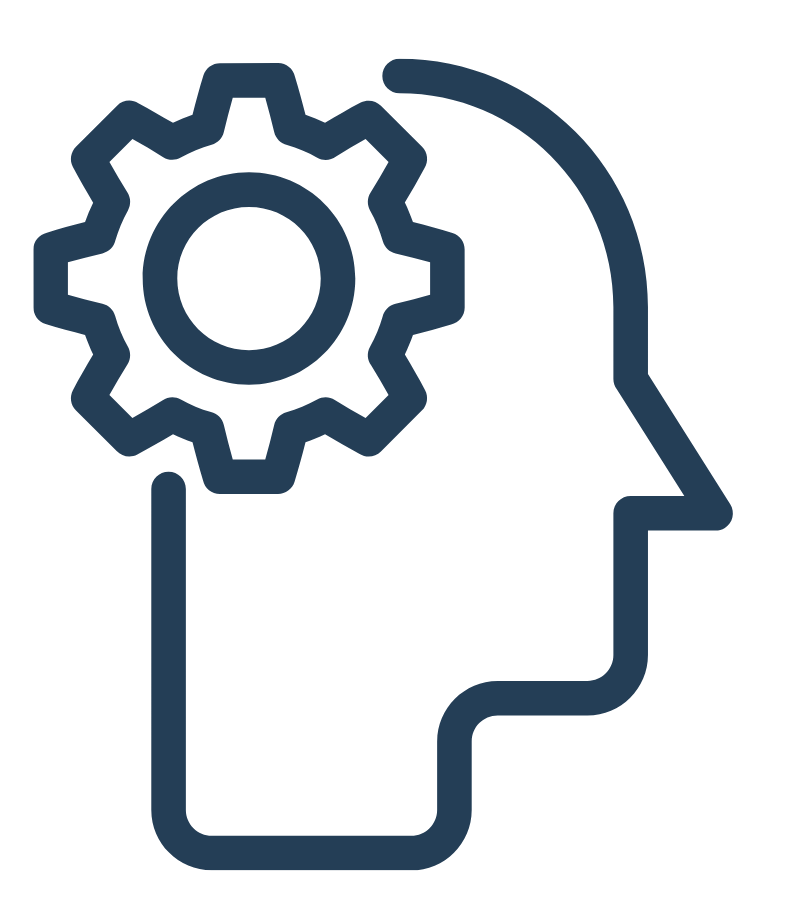
The Purpose of Reflection
By developing a reflective practice, you will prepare yourself for excellence in your chosen career through ongoing learning and personal development.
Genuine reflection often involves ‘revealing’ or discovering anxieties, errors, and weaknesses as well as strengths and successes. Such revelations and discoveries are generally followed by examining possible causes and explaining how you plan to improve. It is important to reflect forward as well as reflect upon the past.
People often think reflectively in daily life. Reflective writing is evidence of reflective thinking. In an academic context, reflective thinking usually involves:
- Looking back at something (usually an event, but could also be an idea or object like an assigned reading)
- Analyzing the event or idea (thinking in depth and from different perspectives, and trying to explain it – what happened and why?)
- Thinking carefully about what the event, idea or object means for you and your ongoing progress as a learner, or personal / professional development. What are you going to do/not do as a result?
Learning
When learning new concepts or skills, you need to think both critically and reflectively. By writing down these thoughts through the process of reflective writing, you can gain deeper insight into your learning.
You can start by:
- reflecting on your successes and/or failures on a specific assignment
- analyzing your progress in learning a specific skill
- discovering gaps in knowledge
- creating plans and strategies to improve your future learning
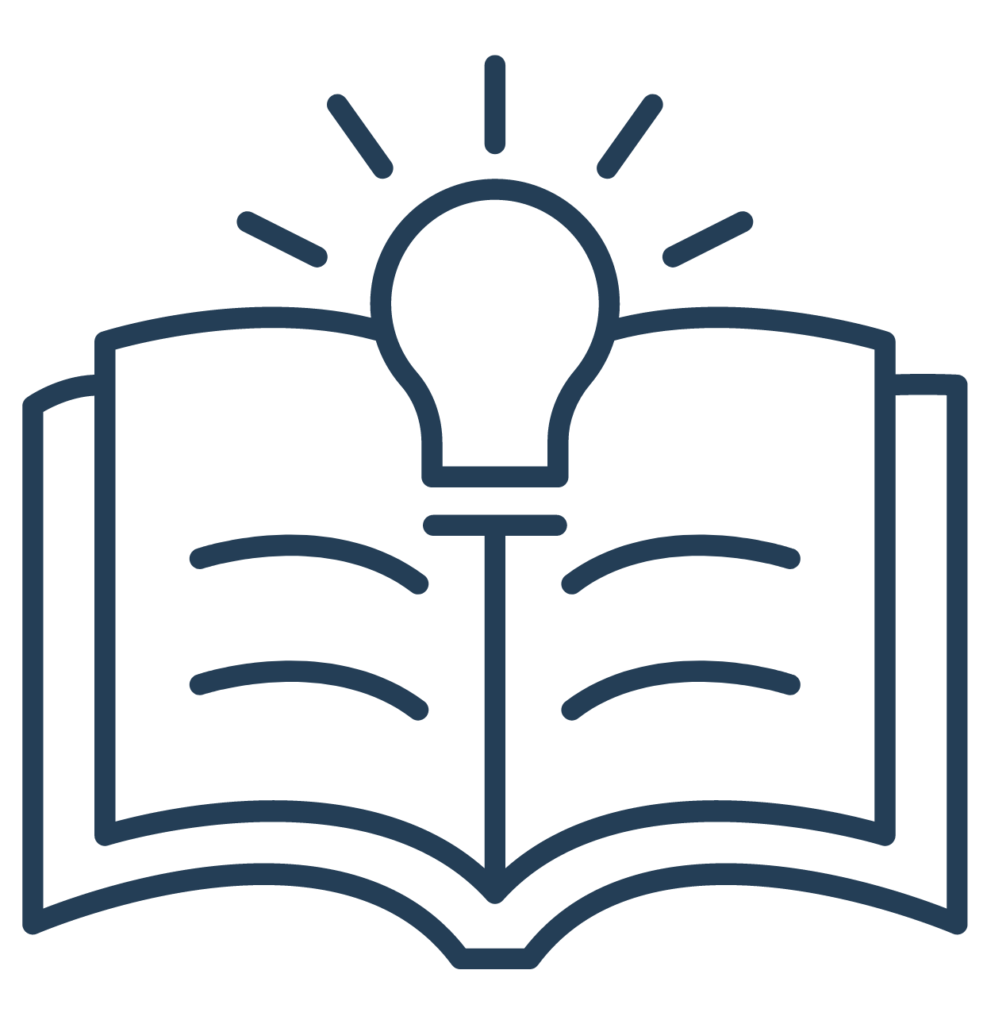

Academic
Reflective writing is a relatively new form of academic writing, but is gaining popularity in all academic disciplines.
- Many diploma and degree programs now require students to complete portfolios as a graduation requirement; reflective writing is a key component in portfolio creation.
- Reflective essays are becoming more popular in many areas, especially health sciences and social sciences, asking you to create an informed reflection on a specific topic.
- Practicing reflective skills and writing, while incorporating instructor feedback, will help you build these skills.
Professional
Variations of reflective writing are often used in different professions and are becoming more common practice.
- Employees may be asked to write a self-evaluation as part of a performance review.
- At the end of a financial quarter, business reports often include an analysis of what was done right, what was done wrong and what to do next to increase a company’s profits.
- As you set your personal and career goals, you can use your own reflections to guide your decisions and ambitions.
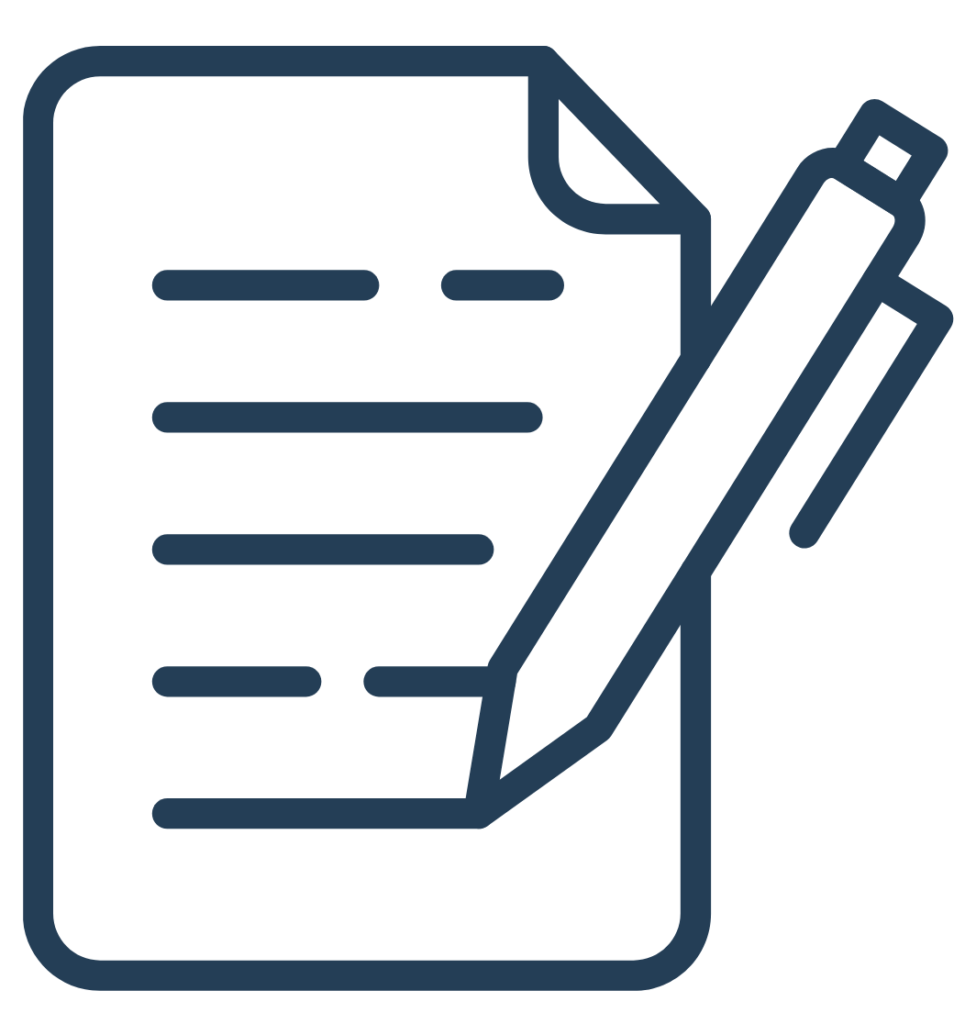
Watch this video for a brief introduction to how to write reflectively
What is Reflective Writing?
Reflective writing is….
- your response to experiences, opinions, events or new information
- your response to thoughts and feelings
- a way of thinking to explore your learning
- an opportunity to gain self-knowledge
- a way to achieve clarity and better understanding of what you are learning
- a chance to develop and reinforce your writing skills
- a way of making meaning out of what you study (“Reflective Writing”)
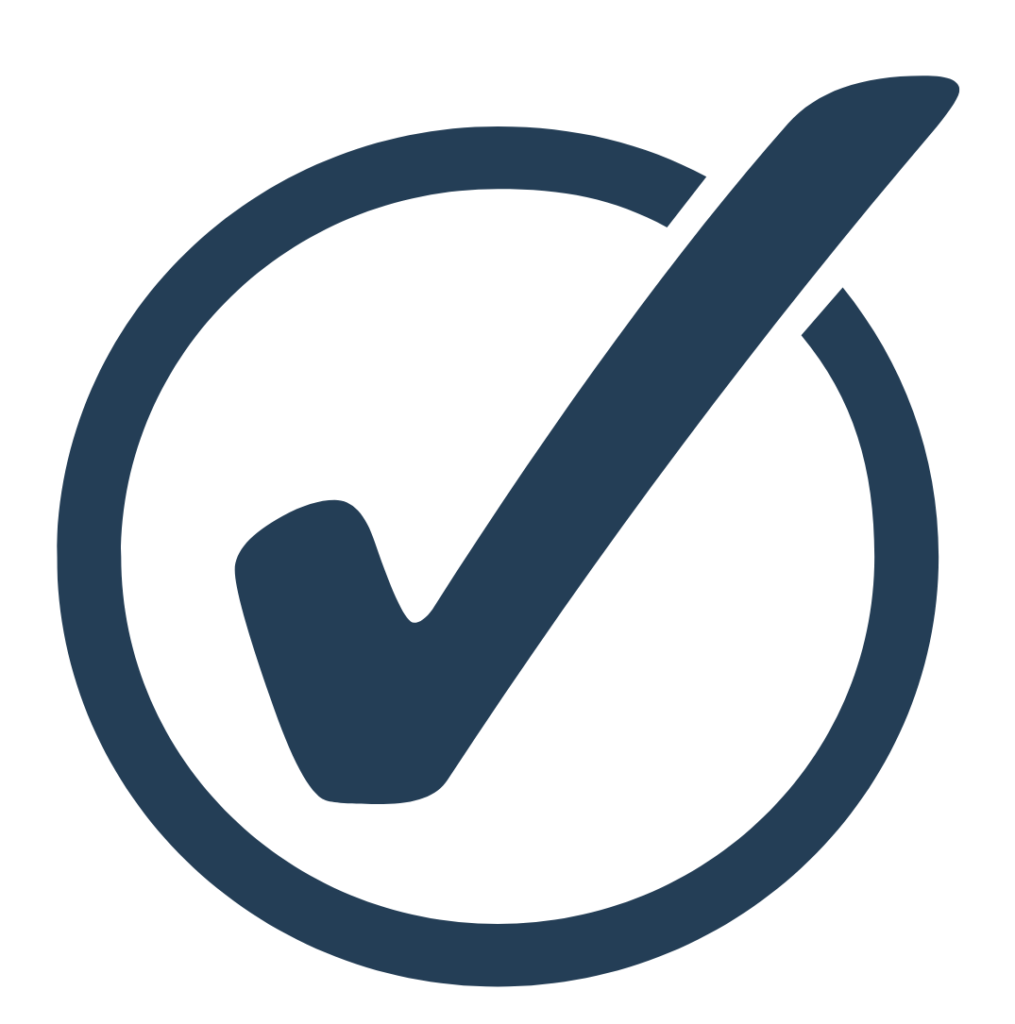

What Reflective Writing is NOT?
Reflective writing is not …
- just conveying information, instruction or argument
- pure description, though there may be descriptive elements
- straightforward decision or judgement (e.g. about whether something is right or wrong, good or bad)
- simple problem-solving
- a summary of course notes
- a standard university essay
Preparing for Reflective Writing:
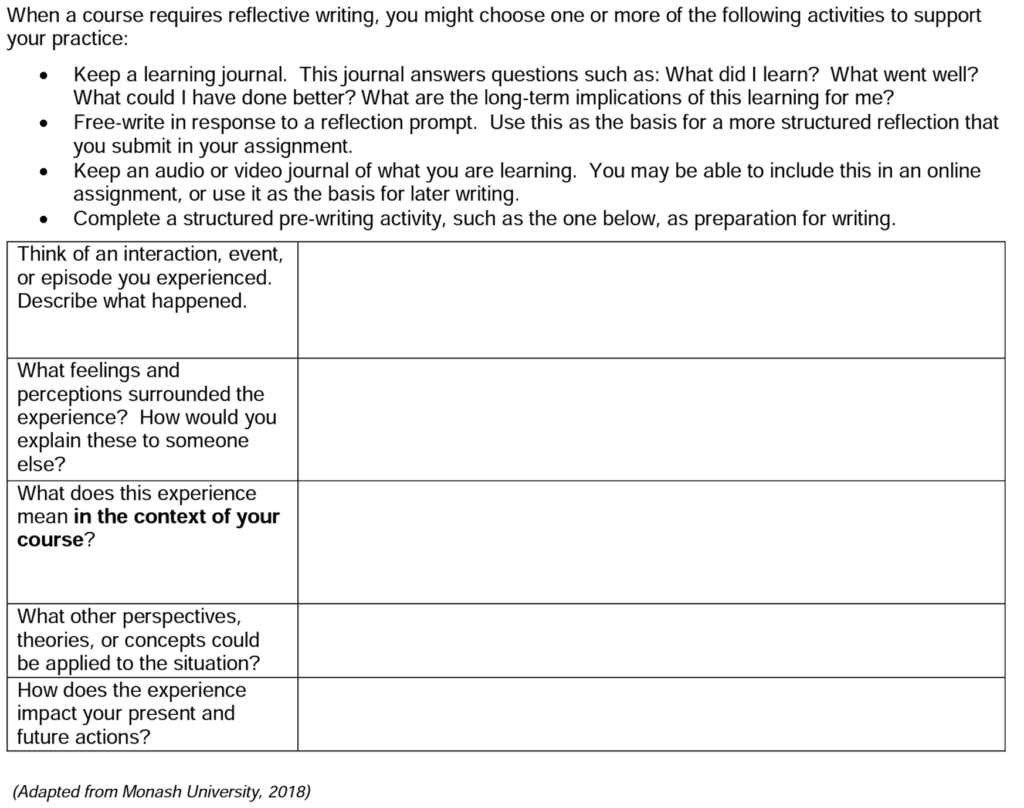
Learning Aids:
Learning Centre Videos:
-
What is Reflection?
This video from the KPU Learning Centres explains reflection and its importance in academic contexts. -
Reflective Learning Cycle
In this KPU Learning Centre video Graham Gibbs’ Reflective cycle is introduced one method to structure the reflective process.
References:
Content adapted with permission and thanks to Gillian Sudlow, KPU Teaching and Learning.
“Reflective Writing.” Reflective Writing Guide | UNSW Current Students, University of New South Wales, Sydney Australia, 1 Aug. 2016, student.unsw.edu.au/reflective-writing. Accessed 18 Feb. 2017.
Additional Resources:
Write Online Lesson on Reflective Writing by Wilfred Laurier University http://writeonline.ca/reflective-essay.php?content=intro
Comparing Reflective Writing to General Academic Writing http://my.cumbria.ac.uk/Public/LISS/Documents/skillsatcumbria/ReflectivevsAcademicWriting.pdf
Study Guides EIT “Reflective Writing” http://www2.eit.ac.nz/library/ls_guides_reflective.html
A More Detailed Structure / Method of Organization for Reflective Writing (7 Steps) http://www.uefap.com/writing/genre/reflect.htm
For more Reflective Writing Sentence Structures
